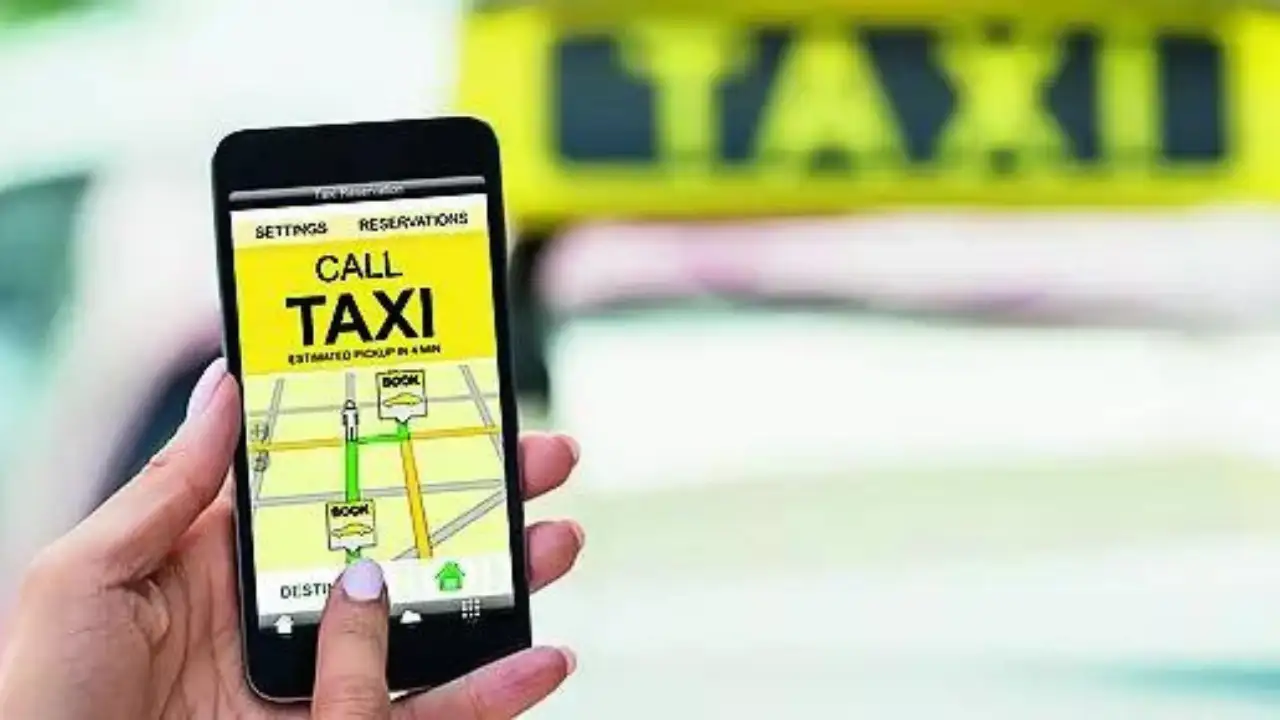Government Approves Peak-Hour Surge Pricing for Cab Aggregators

The Indian government has announced new guidelines for ride-hailing services, providing vehicle aggregators like Uber, Ola, inDrive, and Rapido with greater flexibility regarding surge pricing. Under the revised rules, these companies can now charge up to twice the base fare during peak times, an increase from the previous limit of 1.5 times. Additionally, the guidelines aim to protect consumers from excessive charges while ensuring fair competition among aggregators. States have been advised to implement these changes within three months.
Surge Pricing Adjustments
The updated guidelines allow ride-hailing aggregators to implement surge pricing that can reach up to double the base fare during high-demand periods. This change is designed to provide these companies with the ability to manage demand more effectively while still protecting consumers from exorbitant costs. The non-peak hour charges will remain at a minimum of 50% of the base fare. The government hopes that these adjustments will strike a balance between the needs of consumers and the operational requirements of aggregators, preventing them from resorting to steep discounts that could undermine competition.
Cancellation Penalties and Insurance Requirements
To address issues related to booking cancellations, the new guidelines impose a penalty of 10% of the fare, capped at Rs 100, for drivers who cancel a ride after accepting it without a valid reason. This penalty will be shared between the driver and the aggregator. Similarly, passengers who cancel their bookings will also incur a fee. Furthermore, the guidelines mandate that aggregators ensure their drivers have health insurance of at least Rs 5 lakh and term insurance of Rs 10 lakh. This requirement aims to enhance the safety and security of drivers, promoting a more responsible ride-hailing environment.
Base Fare Regulations and Passenger Safety
The guidelines stipulate that state governments are responsible for setting the base fare for various vehicle categories, including auto-rickshaws and bike taxis. For instance, the base fare for taxis in major cities like Delhi and Mumbai ranges from Rs 20 to Rs 21 per kilometer, while in Pune, it is set at Rs 18. If a state has not established a base fare, aggregators are required to notify the state government of their proposed rates. Additionally, to ensure passenger safety, the guidelines mandate the installation of vehicle location and tracking devices in all vehicles, which must be linked to the state government’s integrated command and control center.
Driver Training and Performance Monitoring
The new regulations also emphasize the importance of driver training and performance monitoring. Aggregators are required to conduct annual refresher training for their drivers. If a driver’s performance rating falls below the fifth percentile compared to their peers, they must undergo refresher training every quarter. Failure to comply with this requirement will result in the driver being barred from operating through the aggregator. This initiative aims to maintain high service standards and ensure that drivers are well-equipped to provide safe and reliable transportation to passengers.
Observer Voice is the one stop site for National, International news, Sports, Editor’s Choice, Art/culture contents, Quotes and much more. We also cover historical contents. Historical contents includes World History, Indian History, and what happened today. The website also covers Entertainment across the India and World.
Follow Us on Twitter, Instagram, Facebook, & LinkedIn

